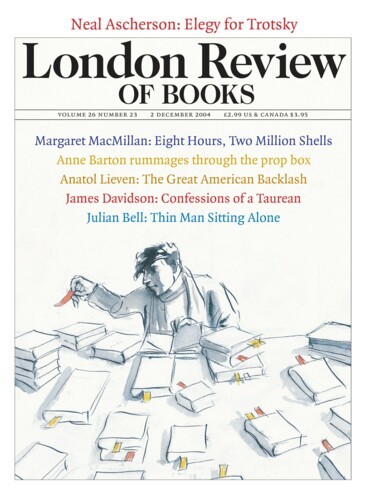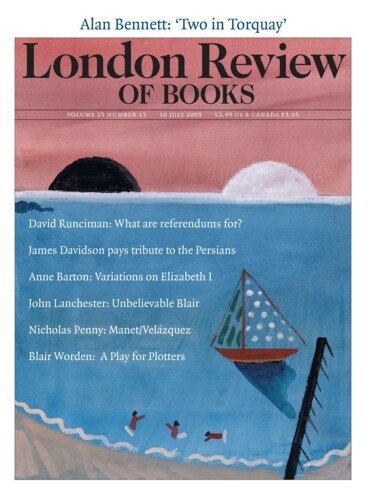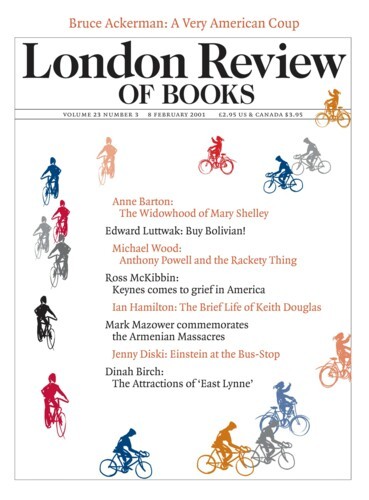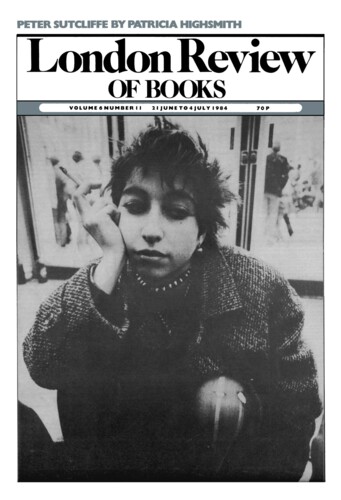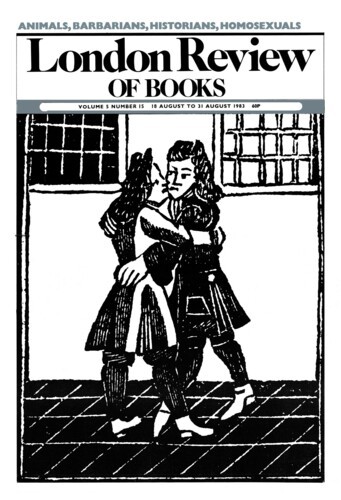Erich Auerbach’s celebrated study of the representation of reality in Western literature, Mimesis, was published in German in 1946. Grounded on the analysis (mainly syntactic) of passages selected from texts in some nine different languages, ranging from Homer and the Old Testament to Virginia Woolf, it assumes throughout that reality has an objective existence, is open to perception, and needs no apologetic inverted commas. It can be and enduringly is represented by writers whose work bears the impress not only of their own individuality but of a particular historical context, a social and cultural milieu. Auerbach’s book remains, for many readers, one of the great critical achievements of the 20th century: a work marked out not only by its scholarship, breadth of sympathy and imaginative range, but by its author’s ability to validate his generalisations through scrupulous attentiveness to the smallest details of a text.
A New Mimesis: Shakespeare and the Representation of Reality by A.D. Nuttall. Erich Auerbach’s celebrated study of the representation of reality in Western literature, Mimesis, was published in German in 1946. Grounded on the analysis (mainly syntactic) of passages...
